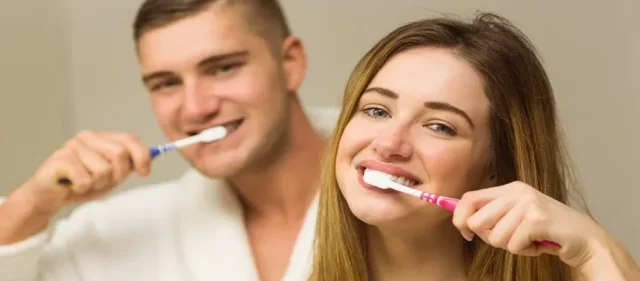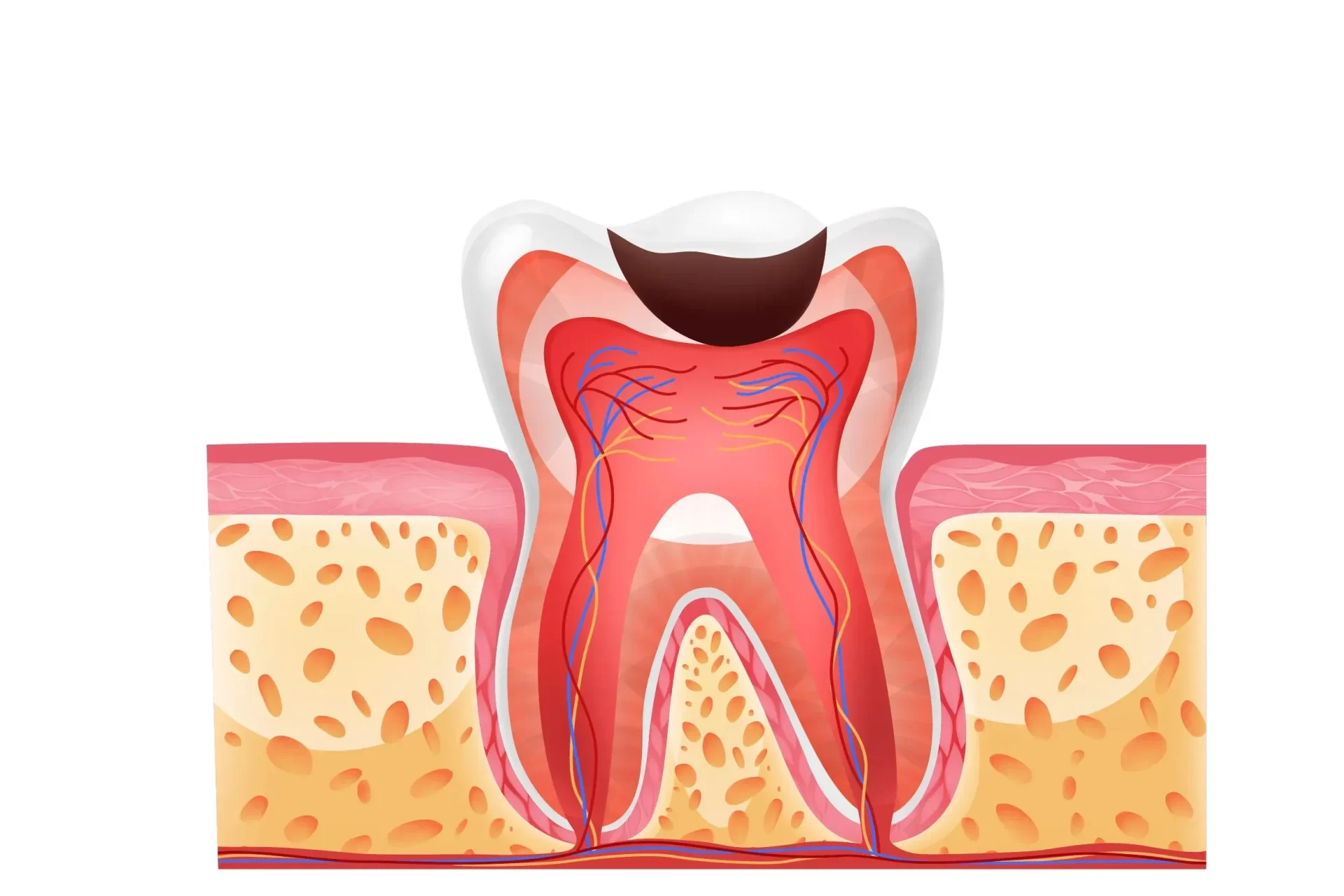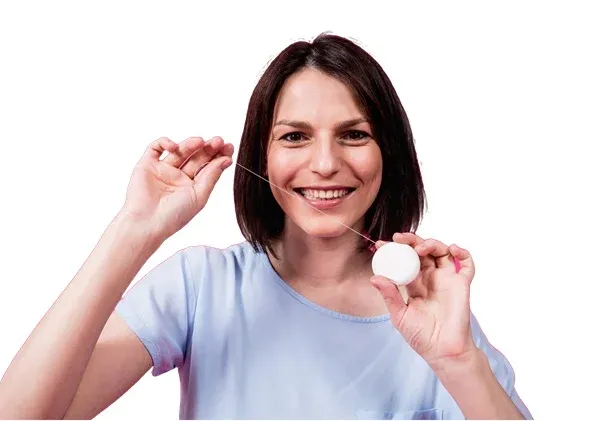Taking care of your teeth and gums is vital for your overall health. Good oral hygiene helps prevent cavities, gum disease, and bad breath. You should establish a proper oral care routine to keep your mouth healthy and your smile bright.
In this blog, we will go into detail about the best practices and instructions for maintaining excellent oral hygiene.
Why Oral Hygiene is Important?
Taking care of your teeth is really important and understanding why can encourage you to do better.
Here are some key reasons why good oral hygiene matters:
Prevents Cavities
Cavities are holes in your teeth caused by decay. When you eat sugary foods and drinks, bacteria in your mouth produce acids that attack your teeth. By brushing and flossing regularly, you can remove food bits and plaque that lead to cavities. Good oral hygiene greatly lowers your chances of getting cavities.
Reduces Gum Disease
Gum disease happens when bacteria build up around your gums. It can cause inflammation and infection. Early signs include swollen or bleeding gums. If you don’t treat it, then gum disease can get worse and may even lead to tooth loss. It is important to keep up with good oral hygiene to help prevent gum disease and keep your gums healthy.
Freshens Breath
Bad breath can be embarrassing. It is often caused by bacteria in your mouth. They can rot and create bad smells when food particles get stuck in your mouth. Brushing, flossing, and using mouthwash regularly can help get rid of bad breath by removing the bacteria and leftover food.
Promotes Overall Health
Poor oral health can be linked to serious health issues like diabetes, heart disease, and respiratory infections. You should keep up with good oral hygiene to help lower the risk of these issues. A healthy mouth is important for a healthy body, so taking care of your teeth and gums is essential.
What Are the Symptoms of Poor Oral Hygiene?
There are several signs that might show you have oral health issues.
Here are some common warning symptoms of poor oral hygiene:
- Bleeding Gums: Gums that bleed when you brush or floss.
- Tooth Decay: Areas on your teeth that are damaged or have cavities.
- Chronic Bad Breath: Bad breath that doesn’t go away, even after brushing.
- Loose Teeth: Teeth that feel unstable or wobbly.
- Gum Recession: Gums that pull away from your teeth, making them look longer.
- Mouth Sores: Sores in your mouth that don’t heal.
- Toothache: Ongoing pain in your teeth.
- Swelling of the Jaw: Swelling around your jaw area.
- Gingivostomatitis: A bacterial or viral infection in your mouth
If you notice any of these signs then it is a good idea to see a dentist for help.
How to Improve Your Oral Hygiene?
Here are some effective ways to improve your oral hygiene:
Tooth Brushing Is Important.
You should brush your teeth at least twice a day. Once when you wake up and once before bed. Ideally, it is even better to brush after each meal if you can. This helps prevent tartar buildup and bad breath.
Here are some best practices to consider for brushing your teeth.
Wait After Eating
You should try to wait about 30 minutes after eating before you brush. This is because the acids from your food and drinks can stay on your teeth for a while. It takes some time for your saliva to neutralize them.
Use a Soft-Bristled Brush
You should choose a soft-bristled toothbrush that can reach the back of your mouth easily. If your toothbrush has a tongue cleaner then that is a great bonus. This is because it will help you to remove bacteria and fight bad breath.
Pick the Right Toothpaste
Additionally, you should also look for toothpaste that protects your enamel from damage and decay. Make sure it has ingredients that help remove plaque and tartar, and that can strengthen your gums.
It is also important to consider regular flossing to take your oral hygiene routine one step above.
Use Mouthwash Every Day
Adding mouthwash to your daily routine can help kill germs in your mouth. Mouthwash can reach areas that your toothbrush and floss can’t, helping to remove leftover food that could irritate your gums and lead to gum disease.
Brush or Scrape Your Tongue Daily
Don’t forget about your tongue after you brush your teeth. Bacteria can linger there. So, brushing or scraping your tongue can help remove it and freshen your breath. Just remember to use one toothbrush for your teeth and a different one for your tongue.
Visit the Dentist Regularly
Make sure to see your dentist at least twice a year for check-ups and cleanings. Dentists have special tools that can clean your teeth much better than you can at home. Regular visits also help catch any problems early. So, they can be treated before they get worse.
Don’t Put Off Dental Treatments
Many people avoid dental treatment because they are scared or think it will be too expensive. However, preventive care is usually much cheaper than more serious treatments like crowns or implants. Delaying necessary care can hurt your dental health and end up costing you more in the long run.
Make Healthy Food Choices and Reduce Sugar
What you eat affects your entire body, including your teeth! Make sure to eat lots of fruits and vegetables, and try to cut down on sugary foods that can cause cavities.
Foods rich in calcium and Vitamin D. These include milk, cheese, yogurt, and broccoli. These food items are important for healthy gums and teeth. Vitamin B is also essential for keeping your gums healthy and preventing bleeding.
Practices to Improve Your Oral Hygiene Habits
Everyone’s mouth is different. So, it needs a specific care routine to stay healthy.
Here are some tips for a bright smile:
Talk to Your Dentist for Personalized Advice
Your dentist should be someone you trust to help you take care of your teeth. If you don’t feel comfortable with your dentist or their advice then it might be time to find someone new.
When you go for your next cleaning then ask them what they recommend for your teeth and which areas have plaque buildup. These areas are where you should focus more on cleaning.
Use the Right Products for Your Teeth and Gums
Choosing a toothbrush is a personal choice. Some people love electric toothbrushes, while others prefer manual ones. No matter what you choose, always use a soft-bristled toothbrush. It is also important to replace your brush every three months. You can also do it sooner if the bristles get worn. A worn toothbrush can actually harm your teeth!
Make Flossing a Priority
Flossing daily is one of the best ways to keep your mouth clean. Your toothbrush can’t reach all the spaces in your mouth, and plaque can build up between your teeth, leading to cavities. So, make sure to floss every day for a thorough clean.
Final Thoughts
It is important to keep up with a good oral hygiene routine. You should also visit the dentist regularly. It can help you keep your teeth and mouth healthy. Most dental issues are preventable and can be treated easily if caught early. Taking care of your oral health not only benefits your mouth but also positively affects your overall health, well-being, and quality of life.
Contact your dentist today in San Jose, Dr. Amir HagShenas, at Silicon Valley Smile Solutions, to learn more about oral hygiene: best practices & instructions for good routine.
Resource:
Teeth Whitening: How It Works and What to Expect?
This media/content or any other on this website does not prescribe, recommend, or prevent any treatment or procedure. Therefore, we highly suggest that you get the advice of a qualified dentist or other medical practitioners regarding your specific dental condition.



